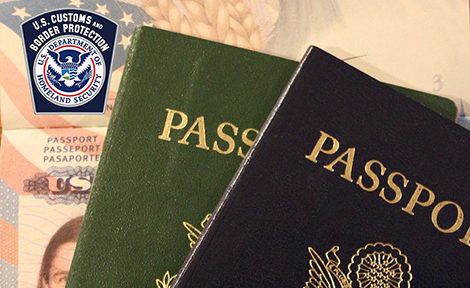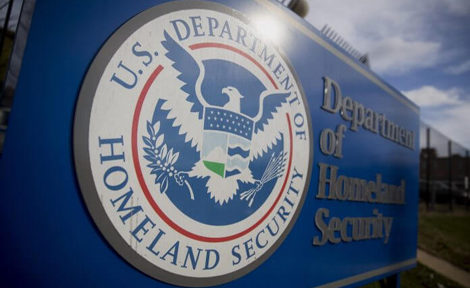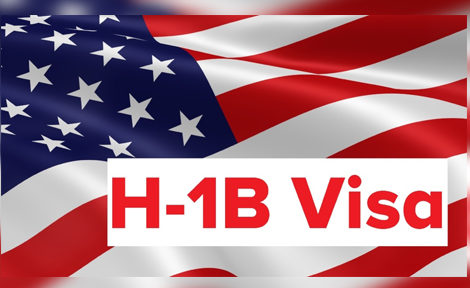With the arrival of another new year, now is a good time for employers to review a number of immigration-related matters and documents to help ensure smooth business operations in 2018. It is always advisable to engage in internal audits to identify and correct existing compliance deficiencies.
LCAs and H1B Amendments
Employers with H1B workers should audit their H1B public access files (PAFs) periodically, including their labor condition applications (LCAs). The start of each new year is an excellent time for companies to double-check that they have a current, proper, unexpired LCA for each H1B worker. This LCA should be retained in the PAF, and must reflect the H1B worker’s current work location/s and position.
The Administrative Appeals Office (AAO) addressed the need for amended petitions due to relocation in a precedent decision, Matter of Simeio Solutions, LLC, on April 9, 2015. The U.S. Citizenship and Immigration Services (USCIS) issued a policy memorandum on July 21, 2015, setting forth final guidance and a January 15, 2016 deadline for filing such amended H1B petitions. This guidance was discussed in the MurthyDotCom NewsBrief, Final USCIS Guidance on H1B Amendments for Worksite Changes (02.Aug.2015).
Under long-standing regulations, employers of H1B workers must file amended H1B petitions if there has been a material change in the terms and conditions of employment, or changes that effect eligibility for H1B status. The Simeio Solutions case interprets this requirement to mandate employers to file an amended H1B petition if a new LCA is required due to a change in the beneficiary’s location of employment. Such geographic changes are considered to be material.
Other changes, like promotions, can also prompt the need to amend the H1B petition. The potential need to amend an H1B petition can be complex, and is beyond the scope of this article. Specific questions on such matters should be discussed in consultation with a qualified attorney.
Terminated H1B Employees and No-Shows
Employers are obligated to alert the USCIS when a sponsored H1B employee fails to report for work, quits, or is terminated from employment during the validity period of the H1B petition filed by that employer. Further, there are additional requirements that must be carefully and promptly followed in order for H1B employers to avoid potential financial liability. An overview of these requirements is available in the MurthyDotCom NewsBrief, Bona Fide Termination Requirement for H1B Employee (01.Nov.2012). Employers should take the time to review their human resources files and PAFs to verify their compliance with these procedures and that evidence of compliance for past H1B workers has been retained. Employers should review their policies and procedures to ensure these requirements continue to be met throughout 2018 and beyond.
Form I-9 Verifications
Nearly all employers in the United States must complete form I-9 employment eligibility verification for each employee hired. The form is only a few pages in length and can look deceptively simple. This appearance of simplicity often leads employers to miss problems that can occur during the I-9 process. Some employers, particularly new employers, are simply unaware of the need for employees to complete the I-9. Others are aware, but may not be knowledgeable about timeframes, acceptable documents, form retention requirements, and other details. A problem common in the IT consulting industry is the practice of completing the I-9 remotely – with the new employee and company representative in two different geographic locations. In most situations, this would be a violation of I-9 regulations.
Internal Audits are Essential
The I-9 process is human-driven, so mistakes inevitably occur from time to time. While proper training and careful prevention is the best policy, all employers should take time at the beginning of each year to conduct internal audits of their systems for handling I-9s. During these audits, employers should verify that they have a properly completed I-9 for each current employee, ensure that I-9s are being properly retained for terminated employees, and confirm that uniform policies are used for processing and retaining these forms and related documents. Failure to comply with the I-9 requirements can be costly, as highlighted by the MurthyDotCom NewsBrief, Staffing Company Fined $276,000 for I-9 Violations (17.Jul.2017).
Corporate Mergers and Acquisitions
The New Year is also a good time to check to see if a corporate change, such as a merger or acquisition, has caused the company to inherit any additional immigration responsibilities. Mysteries of Mergers & Acquisitions: Basics of Immigration Due Diligence (26.Mar.2012) details some of the immigration considerations that must be taken into account when these types of changes occur within a company.
Conclusion
As one year ends and another begins, it is a good time to tie up loose ends and establish proper procedures. Employers can avoid potential problems by checking important documents, such as I-9s and LCAs, and establishing safeguards to help ensure compliance throughout the year. The attorneys at the Murthy Law Firm are available to help companies conduct internal audits and develop policies that can help make 2018 a truly happy new year!
Read Part 2 of this two-part NewsBrief.
Source: https://www.murthy.com/2018/01/08/new-years-reminders-for-employers-part-1-of-2/







